



Source: Wikimedia Commons
Beginning in the eighth century B.C., Ancient Rome grew from a small town on central Italy's Tiber River into an empire that at its peak encompassed most of Europe and large swathes of Africa. Ancient Rome left a lasting legacy long after its fall, and influences a lot of our life today. Click through the tabs above and the resources below to learn more about Ancient Rome and the legacy it left behind.
 Aqueduct: a manmade channel used for delivering water to Roman towns. Public fountains and baths made water available to everyone. Wealthy Romans had running water in their homes.
Aqueduct: a manmade channel used for delivering water to Roman towns. Public fountains and baths made water available to everyone. Wealthy Romans had running water in their homes.
Barbarian: a term used by the Romans to refer to people who lived outside the Roman Empire.
Censor: a government official who counted the people of Rome. He also was responsible for public morality and some of the government finances.
Century: a division of the Roman army made up of 80 soldiers and led by a centurion.
Circus: a large oval shaped stadium used for chariot races.
Citizen: a Roman citizen had certain rights and privileges including the right to vote. Only freeborn men were fully Roman citizens.
Cohort: a cohort was a division of the Roman army. It was made up of six centuries or 480 men. There were 10 cohorts in a Roman legion.
Consul: the highest position in the Roman government. There were two consuls elected each year for a one year term.
Dictator: a ruler that has absolute power.
Dynasty: when a family passes down the leadership of a country from generation to generation.
Emperor: the leader of an empire. The first emperor of Rome was Augustus.
Forum: the area of a Roman town that was the centre of Roman life. Government meetings, public speeches, and business all took place in the forum.
Fresco: a painting made on a freshly plastered wall. The paint would be absorbed into the plaster as it dried.
Gaul: what the Romans called the lands to the north and west of Italy.
Gladiator: a person who fought for the entertainment of Roman audiences. Gladiators sometimes fought to the death.
Gladius: a short sword used by Roman soldiers.
Legion: the main unit of the Roman army. It generally had around 5400 soldiers and was divided up into groups of men called cohorts and centuries.
Mosaic: a type of art using small tiles made of glass or stone to create a picture.
Orator: a talented public speaker. This was an important skill for Roman leaders.
Paterfamilias: the man who was leader of the Roman family. He had complete power over his wife and children.
Patrician: a member of the original elite land-owning families of Rome.
Plebeian: a common person or person not of the patrician class.
Praetor: a high ranking official in the Roman government.
Province: an area of the Roman empire that was outside Italy.
Quaestor: an official of the Roman government who supervised various financial affairs.
Republic: a country where the government is run by elected officials rather than by a king or emperor.
Rhetoric: the art of public speaking used to inform, motivate, or persuade an audience.
Senate: a group of prestigious men who advised the consuls. In most cases the consuls did what the Senate recommended.
Tribune: an elected representative of the Plebeian Council. Tribunes could veto laws made by the Senate.
Toga: a long robe worn by Roman citizens. It was generally white with colour markings for high ranking officials.

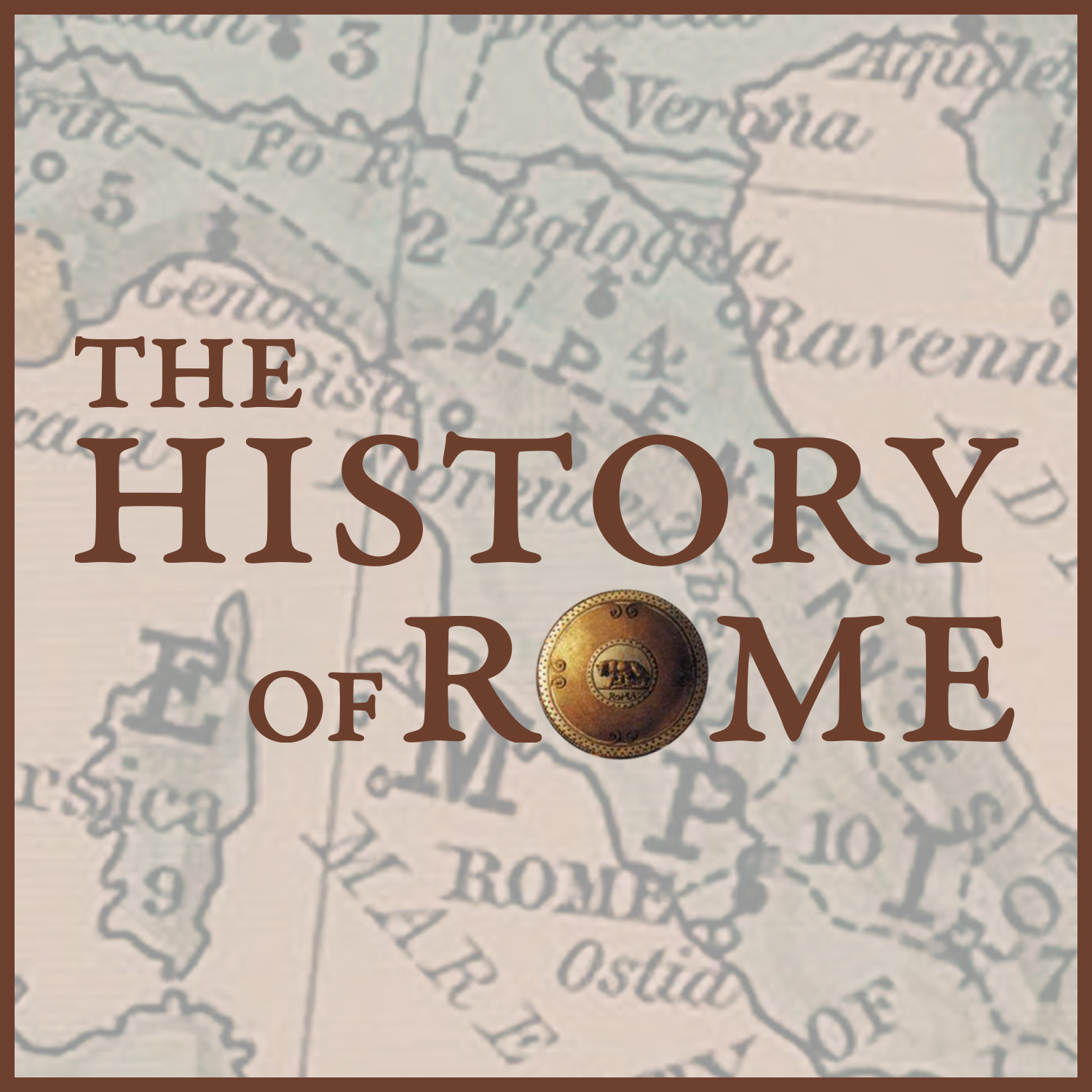 |
The History of RomeA weekly podcast tracing the history of the Roman Empire, beginning with Aeneas's arrival in Italy and ending with the exile of Romulus Augustulus, last Emperor of the Western Roman Empire. Now complete! |
 |
The Fall of RomeBarbarians, political breakdown, economic collapse, mass migration, pillaging and plunder. The fall of the Roman Empire has been studied for years, but genetics, climate science, forensic science, network models, and globalization studies have reshaped our understanding of one of the most important events in human history. PhD historian and specialist Patrick Wyman brings the cutting edge of history to listeners in plain, relatable English. |
 |
The Partial HistoriansDr Rad and Dr G explore all things ancient Rome. With source analysis, interviews with experts, and looking at how the ancient world appears in popular culture, they take you you through the sources for ancient Rome while having a good laugh along the way. |
 |
Emperors of Rome“Great empires are not maintained by timidity.” - Tacitus. A podcast series looking at the rulers of the ancient Roman empire, by Dr Rhiannon Evans, Dr Caillan Davenport and Matt Smith. |
 |
When in RomeA regular podcast series about place and space in the ancient Roman Empire. |


 100 facts on Ancient Rome
by
100 facts on Ancient Rome
by
 Ancient Roman art
by
Ancient Roman art
by
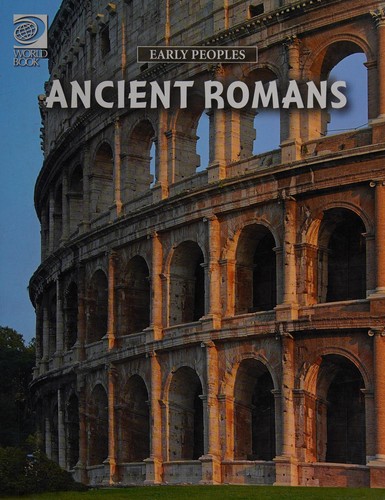 Ancient Romans
Ancient Romans
 Ancient Rome
by
Ancient Rome
by
 Ancient Rome
by
Ancient Rome
by
 Ancient Rome
by
Ancient Rome
by
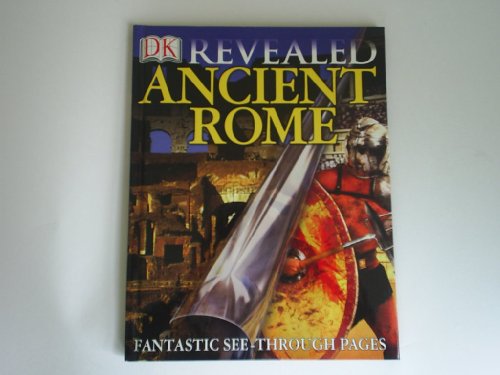 Ancient Rome revealed
by
Ancient Rome revealed
by
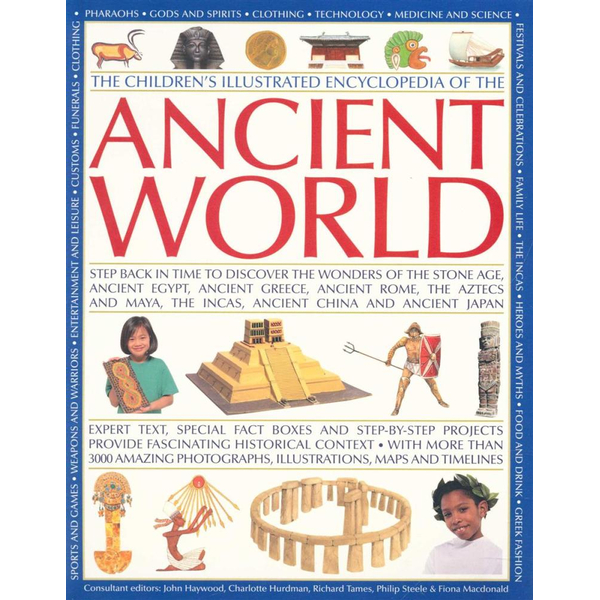 The children's illustrated encyclopedia of the ancient world
by
The children's illustrated encyclopedia of the ancient world
by
 The Colosseum : how it was built and how it was used
by
The Colosseum : how it was built and how it was used
by
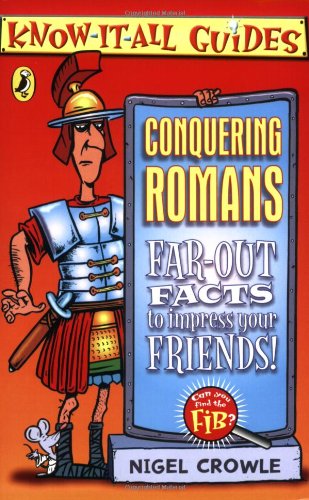 Conquering Romans : far-out facts to impress your friends!
by
Conquering Romans : far-out facts to impress your friends!
by
 Gods and goddesses of ancient Rome
by
Gods and goddesses of ancient Rome
by
 Life in ancient Rome
by
Life in ancient Rome
by
 The Roman gladiators
by
The Roman gladiators
by
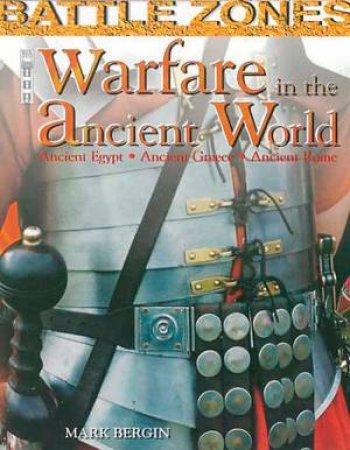 Warfare in the ancient world
by
Warfare in the ancient world
by